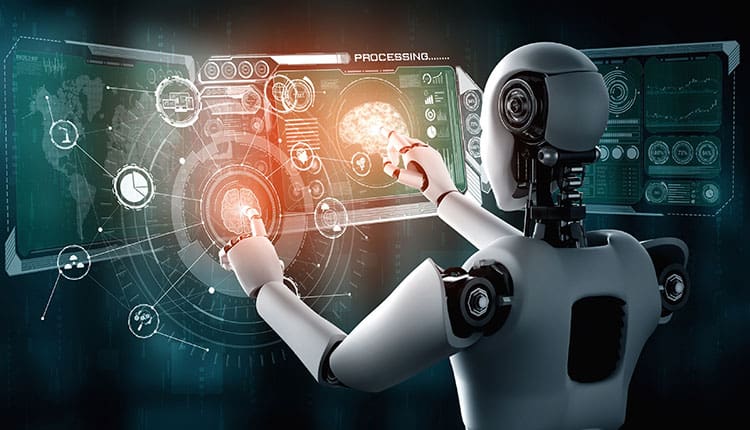As artificial intelligence (AI) continues to reshape industries, influence global economies, and transform daily life, world governments are scrambling to create regulatory frameworks to ensure safety, transparency, and ethical use of the rapidly evolving technology.
From Silicon Valley to Seoul, policymakers are grappling with the same question: how do we embrace innovation without losing control of its consequences?
Europe Takes the Lead with Landmark AI Act
The European Union recently made history by passing the AI Act, the world’s first comprehensive legal framework governing artificial intelligence. The legislation classifies AI systems into risk categories—from “minimal risk” to “unacceptable”—and imposes strict requirements on systems used in sensitive areas such as law enforcement, biometric surveillance, and hiring processes.
The law also demands transparency for AI-generated content and prohibits practices deemed manipulative or discriminatory.
“This legislation places fundamental rights at the heart of AI development,” said EU Commissioner Thierry Breton. “It’s a blueprint for responsible innovation.”
The AI Act is set to take effect in stages beginning in 2025, and other countries are closely watching its rollout.
United States Balances Innovation with Guardrails
In contrast, the United States has taken a more decentralized approach. While there is no federal law specifically regulating AI, President Biden signed an Executive Order on AI Safety in late 2023, directing federal agencies to develop guidelines on transparency, fairness, and data protection in AI systems.
States like California and New York have introduced their own bills addressing AI bias and data privacy. Meanwhile, tech giants including OpenAI, Google, and Microsoft have formed voluntary alliances to self-regulate and publish safety commitments.
“The U.S. model emphasizes innovation,” said AI policy analyst Dr. Lisa Chang. “But the lack of unified rules may leave gaps that can be exploited.”
China Pushes State-Controlled AI Ethics
China, one of the world’s AI superpowers, has implemented strict rules focusing on content moderation and social harmony. Its Generative AI Measures, introduced in 2023, require AI platforms to undergo security reviews and ensure content aligns with “core socialist values.”
The Chinese government also exercises significant control over data and algorithmic development, aiming to maintain both technological dominance and political stability.
While some analysts praise China’s proactive stance, critics argue it sacrifices freedom of expression and innovation.
Global South Calls for Equity in AI Access
Countries in the Global South are also entering the AI conversation, but with a different focus. Nations in Africa, South Asia, and Latin America are pushing for equitable access to AI tools, data infrastructure, and investment.
Kenya, Ghana, and India have all launched national AI strategies emphasizing education, agriculture, and healthcare. However, limited resources and the risk of becoming data colonies for foreign companies remain concerns.
“AI must not deepen global inequality,” warned Rwandan President Paul Kagame at the 2025 World AI Summit. “We need global cooperation to ensure shared prosperity.”
The Need for Global AI Governance
With AI systems influencing everything from elections to medical diagnoses, there is a growing consensus that global coordination is crucial. The United Nations and the G7 have both proposed frameworks for international AI governance, calling for cross-border collaboration on ethics, safety standards, and risk management.
Tech leaders like Elon Musk and Sam Altman have also urged the formation of a global AI watchdog—similar to the International Atomic Energy Agency—to prevent potential misuse of advanced AI technologies.
The Road Ahead
As AI becomes more integrated into modern life, the challenge for policymakers is to stay ahead of innovation without stifling it. The choices made today will shape the future of labor markets, democracy, security, and human rights.
In the words of UN Secretary-General António Guterres: “AI can be a force for good or a tool of oppression. It is up to us—governments, companies, and citizens—to decide which path we take.”




